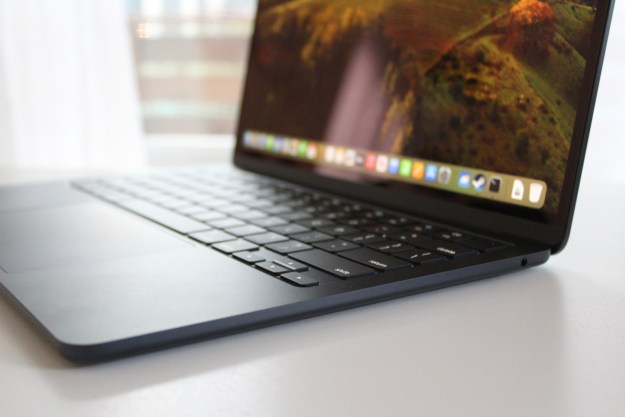Apple is not exactly well-known for changing its mind, but the tech giant has done just that by allowing independent repair stores to service Macs using official spares and expertise. Previously, access to genuine Apple parts and first-hand training was restricted to members of Apple’s Authorized Service Provider program, but this has now been expanded to all independent repair shops.
The move comes after Apple allowed independent repair shops to access these parts and training for iPhones in August 2019. At the time, this was limited to the U.S. but was expanded to Canada and 32 European countries in July. Until now, Macs (and other devices) have been excluded from this repair program.
Bringing Apple’s Mac repair program to independent shops should be good news for Mac users who live far away from an official Apple Store or authorized service provider, giving them better access to authentic parts for out-of-warranty repairs to their Macs. It will likely also please right-to-repair advocates, who have been campaigning for improvements to the repairability of Apple devices for years.
In a statement to Reuters, Jeff Williams, chief operating officer at Apple, said: “When a device needs repairs, we want people to have access to a safe and reliable solution — this latest expansion joins the thousands of repair locations we’ve added over the past year. We’re looking forward to bringing that convenient and trustworthy repair experience to our Mac users.”
Other Apple devices, such as the iPad and AirPods, are apparently not covered by the new policy. If you need them to be repaired, you will have to stick to unofficial parts or buy a replacement device (fortunately, we have you covered with all the latest iPad deals and AirPods deals if you do need to get a new device).
Apple may be hoping this latest news offsets the negative press it has been attracting recently. The company is beset by legal trouble, from governmental inquiries into its alleged “monopolistic” practices to lawsuits from the likes of Epic Games and others. It is certainly not a bad time to put out some positive news like this.
Editors' Recommendations
- Does your Mac need antivirus software in 2024? We asked the experts
- Don’t download the latest macOS Ventura update just yet
- MacBook Pro 16 vs. MacBook Pro 14: The important differences
- I was wrong about using Stage Manager on Mac
- Apple finally has a way to defeat ChatGPT




